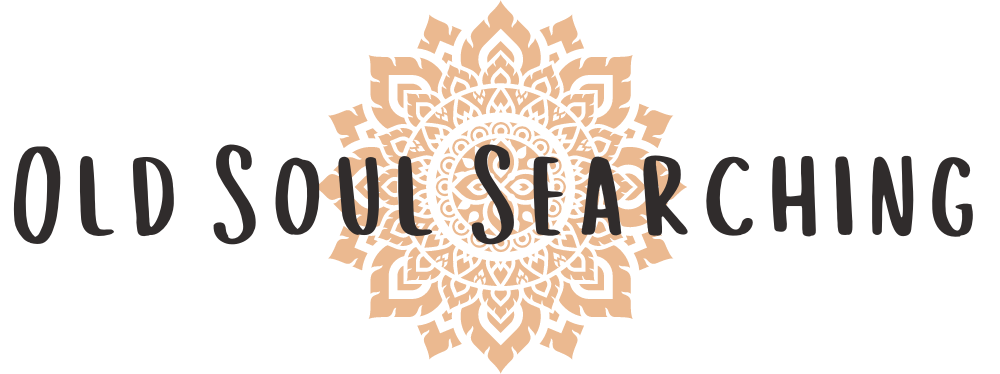. . .
The Responsibility to Know Your Worth
If you’re reading this post right now, you might struggle with setting boundaries. Why might you struggle with setting boundaries? I can’t answer that. Only you can. But I can tell you why I struggle, and you can decide if you relate.
From as far back as I can remember, I was a people-pleaser. I’d sacrifice my own needs—whether for a friend, family member, coworker, or even a stranger at IKEA—just to avoid conflict or being labeled “difficult.” Over time, this habit became ingrained in my identity, and people started to notice.
What happened next? Burnout. A loss of self-respect. Resentment toward others. Worst of all, I attracted what I like to call Energy Vampires—manipulative, drama-seeking individuals who demand more than they ever give. Be wary of these creatures. They’ll suck the life out of you if you let them.
Making friends as an adult can be hard, but that doesn’t mean you have to settle for toxic, one-sided, or even mediocre relationships. Some people believe the older we get, the less selective we can be with our relationships. I disagree.
We know ourselves more and more with age, and with that self-awareness comes a greater responsibility to choose our tribe wisely. We are responsible for the friendships we keep and the friendships we break in the same way we are responsible for reporting a crime when it occurs to us. Though we may not have committed the act, we must alert the authorities, and resolve the issue ourselves, as the perpetrator most certainly won’t be the one to do it.
Recognizing When to Set Boundaries
When someone is constantly flaking on plans or refuses to commit, it’s your responsibility to communicate that this behavior isn’t acceptable. Be direct, and don’t apologize for asserting your needs. Remember, you can be respectful while being firm.
What other behaviors justify boundaries? The obvious ones like aggression, harassment, gaslighting, or exploitation. But also subtle behaviors like codependency, trying to control your decisions, constantly asking for favors, or invading your personal space. We’ve all met someone who checks several boxes on this list. They might charm you into thinking you’re their favorite person, but if the relationship leaves you feeling drained instead of uplifted, it’s not healthy.
When I people-please, I know that at the core of every forced smile and unzipped wallet is a desire to be loved. It always comes back to that. The irony, however, is that the more we let people kick their heels on our backs, the less love we let into our lives. It starts with the love we lose for ourselves, and then the rest of our interactions follow suit.
Have you ever been told no by someone and respected them more for it afterward? Perhaps they didn’t want to go out for a nightcap. Perhaps they wanted to head home and eat Funyuns on their sofa while watching Sex and the City reruns. If boundaries are a struggle for you, it might have even caught you off guard to be told no. And this disbelief might have even transformed into envy – why do they get to just decide when they’re ready to go home but I always feel like I have to stay out?
That respect you felt is the same respect that others will feel toward you when you set your boundaries. They might not appear to like it at first, but they will ultimately realize that if they want to keep you in their lives, they are going to need to adjust their expectations.
A common fear that many of us have is being alone. So, naturally, we settle for crappy people who don’t love us. The thing is, we wouldn’t have to waste our time on Energy Vampires if we created space for people who match the love in our own hearts. If you’re lacking these people in your life now, chances are you either need to leave your apartment more or free up some space.
What Boundary-Setting Looks Like
Boundary setting doesn’t have to be complicated. Sometimes it’s as simple as saying, “No, not tonight. I’m too tired.” Bonus points if you can say it without an apology or explanation—because you don’t owe anyone either.
Use “I” statements to express your needs clearly and avoid sounding accusatory. For example:
- “I feel stressed when you show up on my doorstep at midnight. Could we make plans a few days in advance, so I know to expect your visit?”
- “I’m happy to chat for ten minutes, Mom, but then I need to get started on this lasagna.”
Remember, that you don’t have to rush to commit to anything. It’s okay to pause. If someone is asking you to commit to something you’re on the fence about, like ordaining their wedding, see if you might be able to have a day or two to mull it over first. Also, don’t be afraid to respond to that email or text with, “I’ll get back to you tomorrow. I’m swamped right now.”
Silence your phone during personal time or when focusing on tasks that matter—whether it’s alphabetizing your record collection or finally giving your Pomeranian a bath. Setting tech boundaries is just as important as setting personal ones.
Most importantly, recharge your energy with self-care. Yoga, meditation, journaling, long walks—whatever brings you joy. Taking care of yourself ensures you have the bandwidth to show up for others, too.
Boundary-setting starts with understanding why you struggle with it in the first place. Is it guilt? Fear? A desire for approval? Whatever the reason, remember this: setting boundaries isn’t selfish—it’s necessary. The way you treat yourself sets the standard for how others will treat you.
Love yourself enough to say no. Trust your instincts. And watch how the rest falls into place.
. . .
Photo by NEOM on Unsplash
Subscribe to Old Soul Searching and get more motivational insights straight to your inbox!








